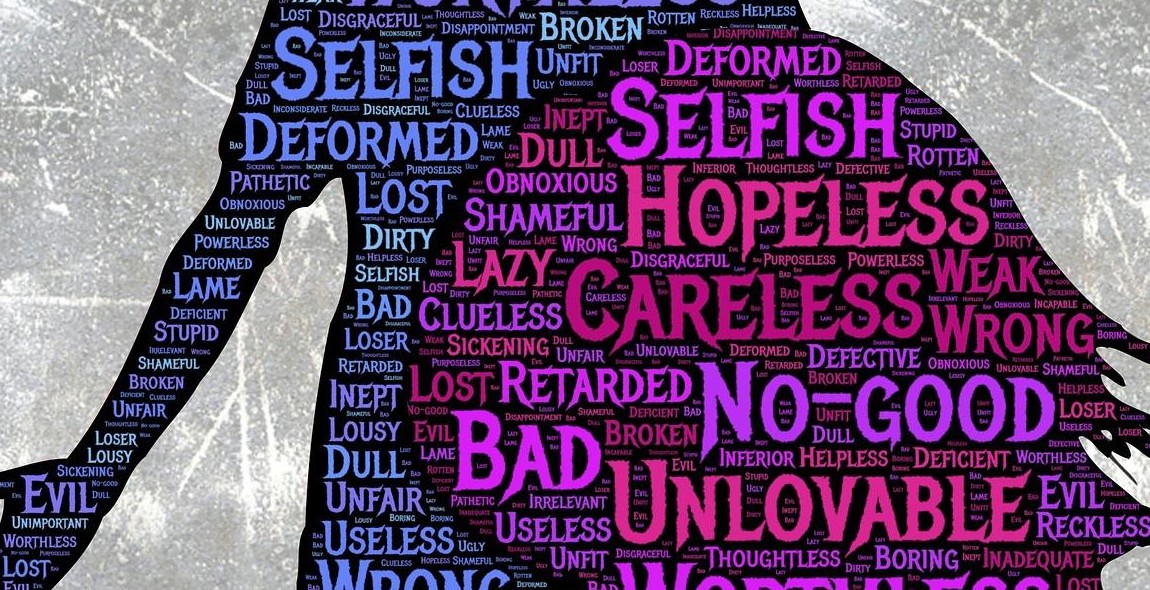Recognizing and Dealing with Emotional Abuse
Emotional abuse is a form of abuse that can be just as damaging as physical abuse. It can leave deep psychological scars that can take years to heal. However, emotional abuse can be difficult to recognize, especially if you have been in a relationship with the abuser for a long time. In this article, I will share my personal experience with emotional abuse and provide tips on how to recognize and deal with it.
What is Emotional Abuse?
Emotional abuse is a form of abuse that involves manipulating, belittling, or threatening behavior. It can take many forms, including verbal abuse, isolation, intimidation, and control. Emotional abuse can happen in any type of relationship, including romantic relationships, family relationships, and friendships.
Recognizing Emotional Abuse
Recognizing emotional abuse can be challenging, as it often happens gradually over time. However, there are some common signs to look out for, such as:
- Constant criticism or belittling
- Control over your actions or decisions
- Isolation from friends and family
- Gaslighting or manipulation
- Threats or intimidation
Dealing with Emotional Abuse
Dealing with emotional abuse can be difficult, but it is important to take action to protect yourself. Some tips for dealing with emotional abuse include:
- Set boundaries and stick to them
- Reach out to friends and family for support
- Consider seeking professional help
- Take care of your physical and mental health
Remember, you deserve to be treated with respect and kindness. Emotional abuse is never okay, and you have the right to seek help and support.

What is Emotional Abuse?
Emotional abuse is a form of psychological abuse that involves the use of verbal and non-verbal tactics to control, manipulate, and degrade an individual. Emotional abuse can occur in any type of relationship, including romantic relationships, family relationships, and friendships. It is often difficult to recognize emotional abuse because it can be subtle and may not involve physical violence.
Defining Emotional Abuse
Emotional abuse can take many forms, and it can be difficult to define. However, some common characteristics of emotional abuse include:
- Verbal abuse: This includes name-calling, insults, and put-downs.
- Gaslighting: This involves manipulating someone into doubting their own reality or sanity.
- Isolation: This involves cutting someone off from their support system, such as friends and family.
- Intimidation: This involves using threats or fear to control someone.
- Withholding: This involves withholding affection, attention, or resources as a form of punishment.
Types of Emotional Abuse
There are several types of emotional abuse that can occur in relationships:
| Type of Emotional Abuse | Description |
|---|---|
| Verbal abuse | Name-calling, insults, and put-downs. |
| Gaslighting | Manipulating someone into doubting their own reality or sanity. |
| Isolation | Cutting someone off from their support system, such as friends and family. |
| Intimidation | Using threats or fear to control someone. |
| Withholding | Withholding affection, attention, or resources as a form of punishment. |
It is important to recognize the signs of emotional abuse and seek help if you are experiencing it. Emotional abuse can have long-lasting effects on an individual’s mental health and well-being.
Recognizing Emotional Abuse
Emotional abuse is a form of abuse that can be difficult to recognize. Unlike physical abuse, emotional abuse leaves no visible marks, making it easier for the abuser to deny its existence. However, emotional abuse can be just as damaging as physical abuse, if not more so, as it can leave long-lasting psychological scars.
Signs of Emotional Abuse
Emotional abuse can take many forms, and it can be difficult to recognize. Some of the signs to look out for include:
- Constant criticism or belittling
- Isolation from friends and family
- Controlling behavior
- Threats of harm or abandonment
- Gaslighting or manipulation
- Blaming the victim for the abuser’s behavior
- Withholding affection or attention
If you’re experiencing any of these behaviors on a regular basis, it’s important to recognize them as signs of emotional abuse.
Effects of Emotional Abuse
The effects of emotional abuse can be devastating, and they can last long after the abuse has ended. Some of the effects of emotional abuse include:
- Low self-esteem
- Anxiety and depression
- Difficulty trusting others
- Feeling helpless or hopeless
- PTSD or other trauma-related disorders
- Difficulty forming healthy relationships
It’s important to recognize the signs of emotional abuse and seek help if you’re experiencing it. No one deserves to be treated this way, and there are resources available to help you break free from the cycle of abuse.
| Resource | Phone Number | Website |
|---|---|---|
| National Domestic Violence Hotline | 1-800-799-SAFE (7233) | https://www.thehotline.org/ |
| National Sexual Assault Hotline | 1-800-656-HOPE (4673) | https://www.rainn.org/ |

Dealing with Emotional Abuse
Dealing with emotional abuse can be a challenging and difficult process. Here are some steps you can take to help cope with emotional abuse:
1. Set Boundaries
It is important to set clear boundaries with the abuser and communicate them clearly. This can help you regain control over the situation and protect your emotional well-being. Be firm and assertive when setting boundaries, and stick to them.
2. Practice Self-Care
Emotional abuse can take a toll on your mental and physical health. Take care of yourself by eating well, getting enough sleep, and engaging in activities that bring you joy. Practice self-care regularly to help maintain a positive outlook and reduce stress.
3. Seek Support
It is important to seek support from loved ones or a professional therapist. Talking to someone about your experiences can help you process your emotions and develop coping strategies. A therapist can also help you develop a safety plan and provide resources for additional support.
4. Focus on Your Strengths
Emotional abuse can make you feel powerless and small. Focus on your strengths and remind yourself of your worth. Make a list of your positive qualities and accomplishments. Surround yourself with positive affirmations and people who uplift and support you.
5. Consider Your Options
If the emotional abuse is coming from a partner or family member, it may be necessary to consider your options for leaving the situation. This can be a difficult decision, but it is important to prioritize your safety and well-being. Seek guidance from a therapist or domestic violence hotline for resources and support.
Seeking Help
If you or someone you know is experiencing emotional abuse, it is important to seek help. Here are some resources that can provide support and guidance:
| National Domestic Violence Hotline: | 1-800-799-SAFE (7233) |
| National Child Abuse Hotline: | 1-800-4-A-CHILD (1-800-422-4453) |
| National Sexual Assault Hotline: | 1-800-656-HOPE (4673) |
Remember, emotional abuse is not your fault and you deserve to be treated with respect and dignity. Seeking help is a brave and important step towards healing and recovery.

Conclusion
Emotional abuse is a serious issue that affects millions of people worldwide. It can have devastating long-term effects on a person’s mental and physical well-being, and it’s important to recognize the signs of emotional abuse and take action to protect yourself or someone you know.
Recognizing emotional abuse
Emotional abuse can take many forms, from verbal insults and manipulation to isolation and control. It’s important to pay attention to how you feel in a relationship and to trust your instincts if something doesn’t feel right. Common signs of emotional abuse include:
- Constant criticism and put-downs
- Gaslighting and manipulation
- Isolation from friends and family
- Control over finances and decision-making
- Threats and intimidation
Dealing with emotional abuse
If you’re in an emotionally abusive relationship, it’s important to seek help and support. This can include talking to a therapist or counselor, reaching out to a domestic violence hotline, or confiding in a trusted friend or family member. Remember that emotional abuse is never your fault, and you deserve to be treated with respect and kindness.
Take action
Whether you’re dealing with emotional abuse yourself or know someone who is, it’s important to take action. By recognizing the signs of emotional abuse and seeking help, you can protect yourself or someone you love from the harmful effects of this destructive behavior.
| Resource | Contact Information |
| National Domestic Violence Hotline | 1-800-799-SAFE (7233) |
| National Network to End Domestic Violence | 1-800-799-SAFE (7233) |
| Rape, Abuse, and Incest National Network (RAINN) | 1-800-656-HOPE (4673) |
Remember, you are not alone and there is help available. Don’t hesitate to reach out for support and take the necessary steps to protect yourself and your well-being.
